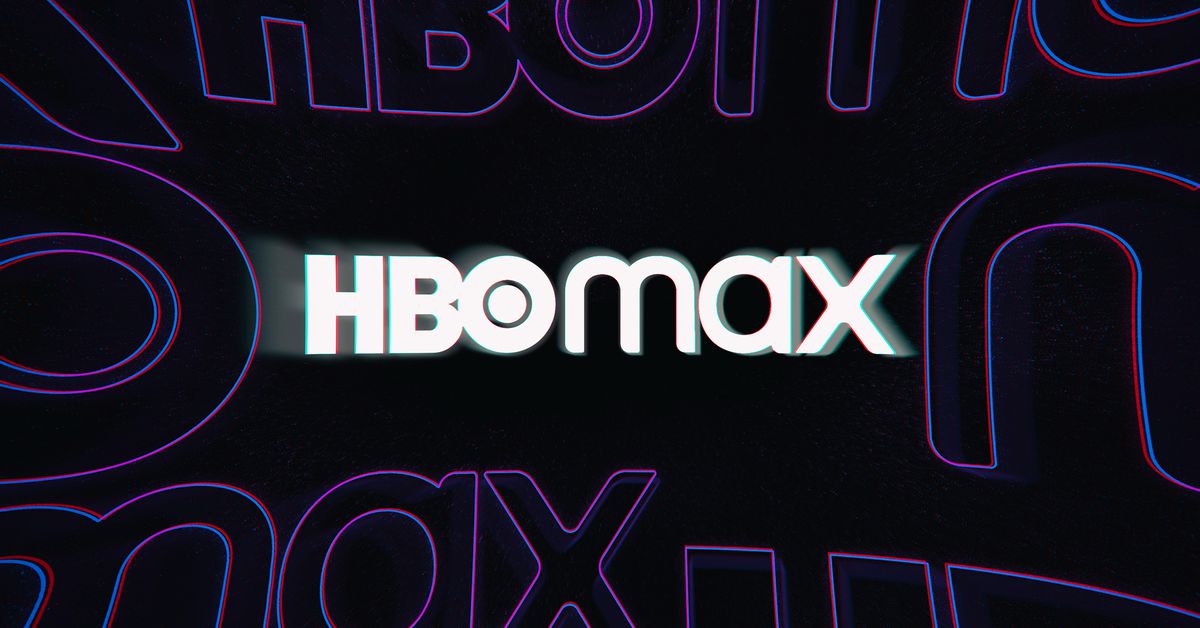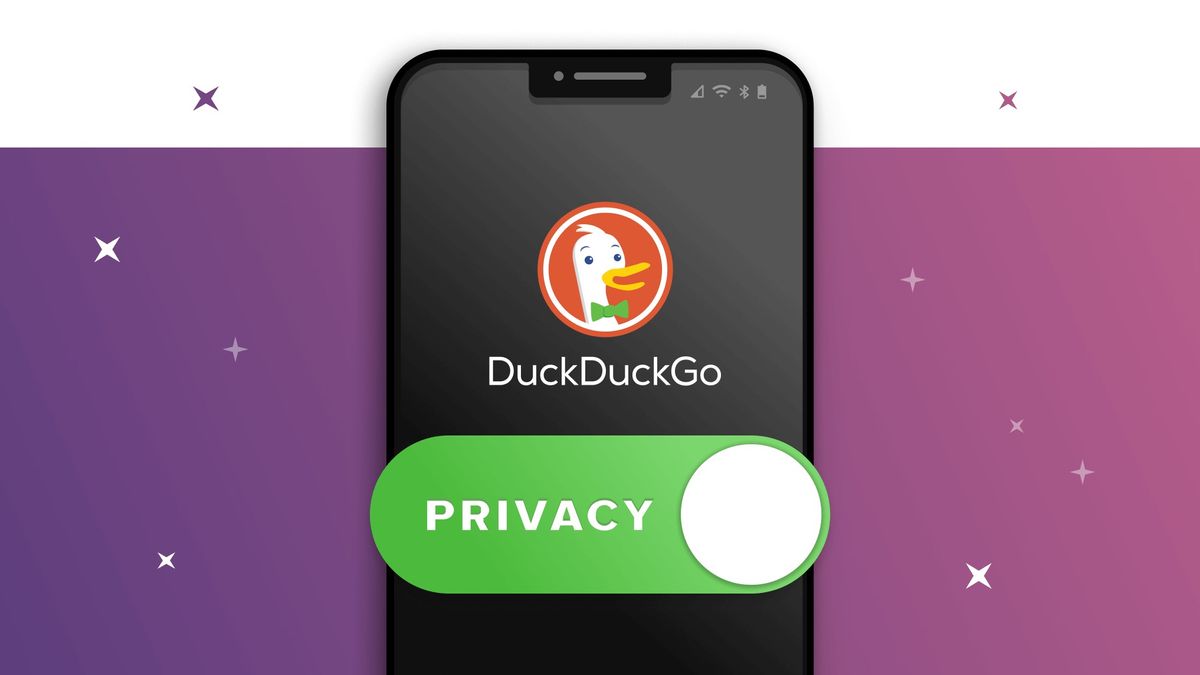6 trends shaping the future of fintech in 2022
It’s hard to say when the term ‘fintech’ was first coined, but Chris Skinner, the global FinTech pundit, heralds the beginning of FinTech with the launch of Zopa, a UK peer to peer lender in 2005. Since then, the sector has grown steadily until 2020 when we saw a dramatic 72% rise in European fintech app usage.
While lockdown certainly pushed fintech services into the mainstream, there are a number of other trends that have been shaping the future of fintech startups, banks, and other players entering the industry behind the scenes. These influences will have a major impact on what banking will look like in the future.
We spoke with experts from ABN AMRO’s team to find out which trends will stick, which are merely hype, and how these changes will impact the wider finance industry.
Let’s take a deeper look into what’s driving or challenging this buoyant sector.
1. Big tech is moving into finance… but will we see big tech banks?
With developments like the Apple Card, Google Pay, and Facebook’s Libra, it seems like big tech is slowly moving towards finance, but will we see a big tech bank in the future? The short answer is maybe, but unlikely.
Even though the big tech companies are in an excellent position to become banks, Perry Koorevaar, Head of Platforms at ABN Amro, seriously doubts they will make that move because of the hassle involved. He thinks they will most likely, “focus on the most attractive services and manoeuvre themselves to a position which gains the most financial value, without having to deal with regulatory and back end requirements.” Besides, big tech trails behind financial services on consumer trust.
Furthermore, big tech generates a large part of their income from banks advertising on their platform, so they wouldn’t want to cannibalize that revenue stream. The same holds true for all types of cloud services big techs provide to banks.
While the move into payments makes sense, Dennis de Reus, Head of AI at ABN AMRO, also thinks that,
Going further into other banking products like lendings or savings won’t be a sensible big tech strategy because it requires holding assets on balance sheets.
Instead, they may opt to become one of the platforms through which banking services are provided.
2. Banks are getting in bed with fintechs… and liking it
Predating the pandemic, Payment Services Directive 2 (PSD2) and open banking have now pushed banks to develop open APIs, with the aim to facilitate greater collaboration with fintechs.
And, in some cases, it’s worked. For example, Koen Adolfs, the Lead Product Owner for Open Banking & Enterprise Integration Technology at ABN Amro, shares that:
Tikkie, a payment request platform, has an API which allows businesses to send bulk payment requests via their choice of channel (e.g. Whatsapp, Facebook, email).
But will PSD2 revolutionize the EU’s fintech sector? That really depends on whether these players take advantage of the benefits that fintech-banking collaborations can bring.
Perry Koorevaar, Head of Platforms at ABN Amro, claims that open banking will play an important role in many domains and we will see an increase of ’embedded’ banking products integrated with the offerings of non-banking companies.
Although consumers are still hesitant to adopt open banking initiatives with open arms, the EU’s focus on privacy could help ease this transition. As with every facet of banking, trust remains central to the service. It’s therefore important for banks and financial institutions to give customers control of their personal data and how it’s shared.
In the world of open APIs, “Security is a hot topic, and everybody hears the news reports of fraudsters, hackers and ransomware. These threats seem to only increase, but banks respond accordingly by incorporating security in all our products, applications, and infrastructure,” says Martijn Bot, IT security wizard for CISO Technology & Engineering at ABN AMRO.
With good cybersecurity management and multiple layers of protection, the future of open banking can be a safe and secure one. Maintaining communication and transparency with customers will also help build trust and loyalty in your bank.
3. Digital banking is sporting new technology
A perfect storm of factors like the pandemic, PSD2, and the challenge from big tech companies is helping to boost the number of collaborations between banks and fintechs. In turn, this is speeding up the rate of new tech adoption.
Before the pandemic, nearly half of financial executives said that scaling down digital costs was their top priority. In October 2020, 90% of surveyed executives stated they were focused on modernizing their capabilities, investing in technology solutions, and refocusing their entire business around digital technology. One key investment is video banking, which is now going mainstream.
Another strategic move is for banks to partner with fintechs. Traditional institutions are often seen as inflexible and slower to innovate, but fintech startups face a high risk of failure. Combining the two entities helps each one to overcome these barriers. Hugo Bongers, Head of ABN Amro Ventures, knows these partnerships are not always easy, but they are mutually beneficial.
Will this lead to a future of completely digital branchless banks? According to Dennis de Reus, Head of AI at ABN AMRO, they already exist.
Currently they are focused on retail or small companies, but don’t have a broad range of products. However, in 10 years, I expect these players to tap into ‘banking-as-a-service’ products to expand their offering.
4. New security threats and solutions are on the rise
Ransomware is sweeping the world at record pace. In fact, cybersecurity experts predict that ransomware costs will reach $20B by the end of the year and balloon to $265B by 2031.
According to CBS News, groups like DarkSide (the hackers behind the Colonial Pipeline attack) are even providing what’s being called RaaS, ransomware as a service. These sophisticated cybercrime groups operate like a normal company, complete with marketing, customer service and negotiators who can handle comms with victims on behalf of their clients.
So, what can banks and fintechs do? Preparing for a ransomware attack is the best form of defense, according to cybersecurity experts. “Businesses need to prepare backup solutions and make sure that all these things are tested,” suggests Lalit Bhakuni, Head of Global Cyber Intelligence Center at ABN AMRO.
Furthermore, ABN AMRO’s Information Security Expert, Federico Casano, says that
Collaboration is a mutually beneficial endeavor for the financial services industry and the broader fight against cybersecurity attacks. An important aspect of cybersecurity is awareness and knowledge sharing.
The bank has teamed up with fellow financial services corporations alongside The Netherlands Organisation for Applied Scientific Research (TNO) to tackle cybercrime through the TNO’s Partnership for Cybersecurity Innovation (PCSI). The collaboration resulted in the creation of a self-healing cybersecurity system based on how the human body responds to bacterial infections.
5. There is a drive to generate income from sustainable initiatives
Currently, sustainable innovation is not typically linked to generating income but Talitha Mac-Lean, Portfolio Manager of Sustainable Innovation at ABN AMRO, believes this will happen in the future. At the moment, the bank has a partnership with TechStars and runs an accelerator program to find startups and scaleups to potentially partner with in order to build new propositions that extend beyond traditional finance.
For instance, ABN AMRO has a lot of real estate which puts them in a similar scenario with their clients who also own commercial real estate. This means they can leverage their knowledge on real estate energy efficiency to help their customers in their initiatives. As the macro economic trend and urgency of climate change becomes more apparent, there is an urgency for new business models to tackle larger societal problems like renewable energy generation.
6. Will crypto ever replace fiat currency?
“A lot of our clients are into cryptocurrency or blockchain already” claims Yurry Hendriks, Head of Digital Assets at ABN AMRO. The bank’s corporate clients also understand the potential applications of how smart contracts could be applied to increase the operational efficiency of their business model in their corporate life. Meanwhile, institutional investors are recognizing the investment potential of established cryptocurrencies such as Bitcoin or Ether.
However, Dennis de Reus, Head of AI at ABN AMRO, is not optimistic on it’s wide scale adoption. He believes that:
If central banks release digital currencies that perspective might change.
But it would be very different from the traditional cryptocurrencies of today e.g. Bitcoin because many blockchain solutions feel like re-inventing many aspects of modern banking. We don’t know what will happen with crypto but digital assets is an area where we see a lot happening in the future.
Currently, a lot of market inefficiencies occur due to lack of technological innovation. Yurry Hendriks, Head of Digital Assets at ABN AMRO, says that using our current infrastructure, settlement usually takes five working days, but this will be much faster if the assets are tokenized. Furthermore, if a digital cryptocurrency like a Euro stable coin were to exist, direct settlements (where there is no time delay) would be possible.
As with all fast-growing sectors, the trends underpinning fintech pose both opportunities as well as challenges. Open banking, new technology, partnerships with banks and digital asset adoption will unlock new innovation in the sector. However, challenges like newer and more frequent security threats and big tech potentially entering the market will also drive how the industry evolves.


